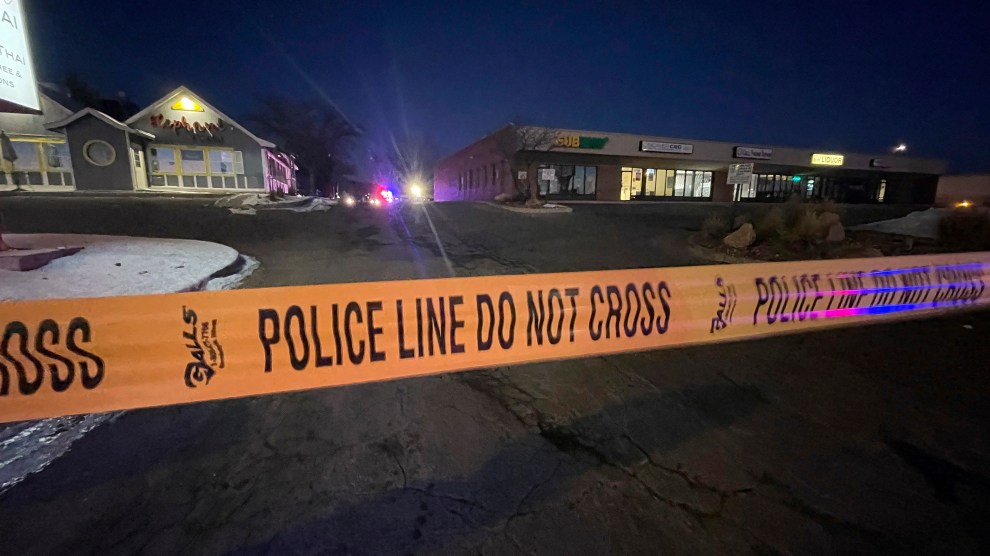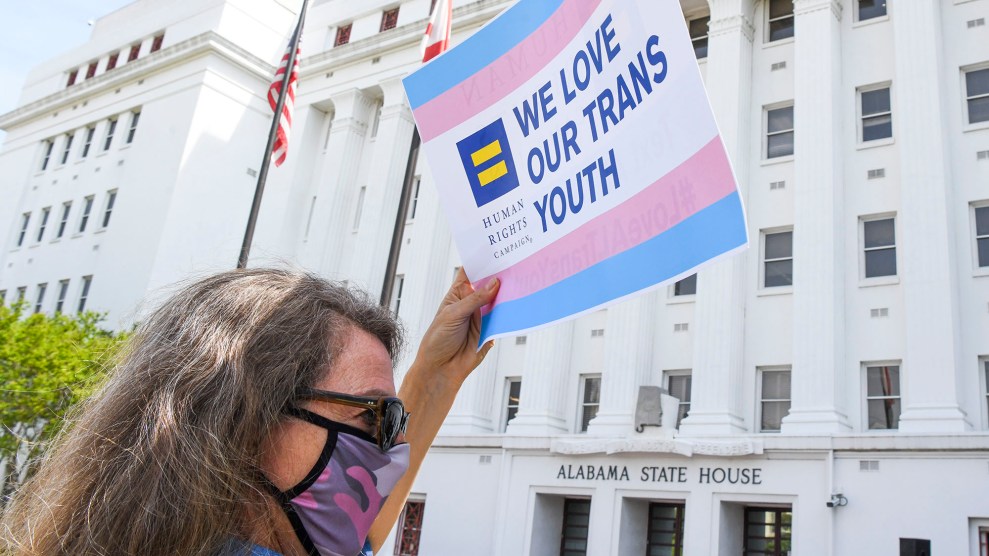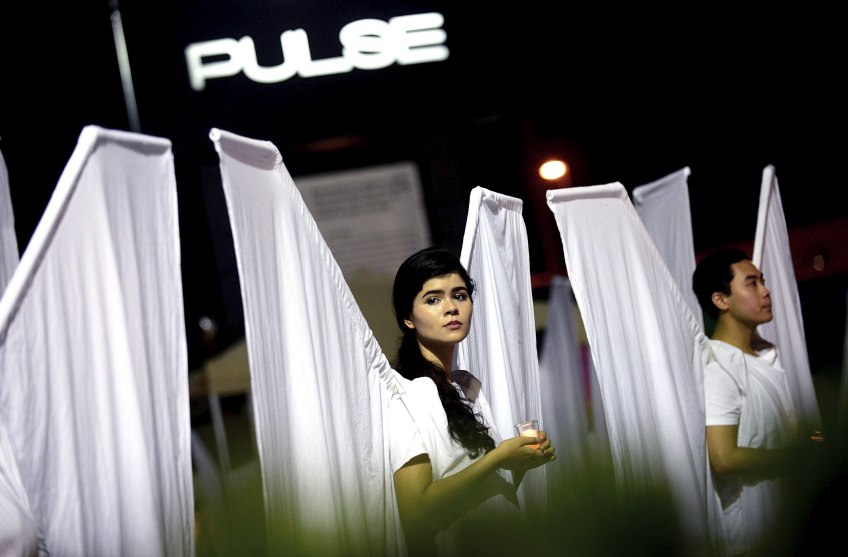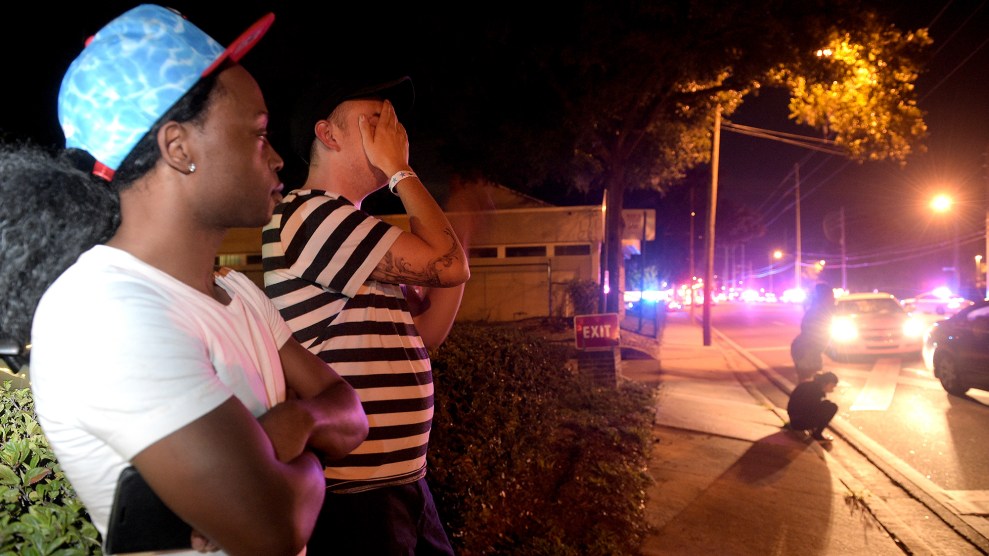
Thomas Peipert/AP
A gunman opened fire at a Colorado Springs LGBTQ nightclub late Saturday night, killing five people and injuring at least 18 others.
The suspect began firing with a long rifle as soon as he entered Club Q close to midnight, according to early reports. Officials said that two people inside the club, including a possible combat veteran, subdued the attacker before police arrived. “Their actions clearly saved lives,” said Colorado Springs Mayor John Suthers at a Sunday press conference.
Officials said they are investigating whether the shooting was a hate crime. Club Q hosted a “Drag Divas” event on Saturday night, and was planning to host a musical drag brunch and evening drag show on Sunday to honor the Transgender Day of Remembrance, though it’s unclear whether the attacker was aware of these events. Regardless, the horrific tragedy is likely to send shockwaves throughout the gay community.
“This is our only safe space here in The Springs,” one man who was inside the club when the shooting took place told a local reporter. “What are we gonna do now? Where are we gonna go?”
Joshua was inside Club Q when the gunman entered. He ran and hid. Heard the gunman being “beat up.” Tells @BeedieonTV “This was our only safe space in The Springs. Where are we gonna go?”#LGBTQ #ClubQ pic.twitter.com/ZkijarxZoc
— Josh Helmuth KRDO (@Jhelmuth) November 20, 2022
In a statement, Jared Polis, Colorado’s first openly gay governor, said, “Colorado stands with our LGTBQ community and everyone impacted by this tragedy as we mourn together.”
“This unspeakable attack has robbed countless people of their friends and family and an entire community’s sense of safety,” GLAAD President and CEO Sarah Kate Ellis said in a statement Sunday.
The attack calls to mind the 2016 shooting at the Pulse gay nightclub in Orlando, which killed 49 people, most of them Latino. Advocates have pointed out that a rise in anti-LGBTQ rhetoric corresponds with a rise in violence against members of the LGBTQ community. Demonstrations against trans people, specifically, are also on the rise, according to data gathered by political scientist and blogger Jay Ulfelder, including protests of drag shows. As Them writes: “Legislators in several states including Texas, Florida, and Tennessee also proposed legislation this year that banned bringing children to see drag, even going so far as to propose making the act a felony.”
Reflecting on the Club Q shooting, GLAAD CEO Ellis said: “You can draw a straight line from the false and vile rhetoric about LGBTQ people spread by extremists and amplified across social media, to the nearly 300 anti-LGBTQ bills introduced this year, to the dozens of attacks on our community like this one.”
















